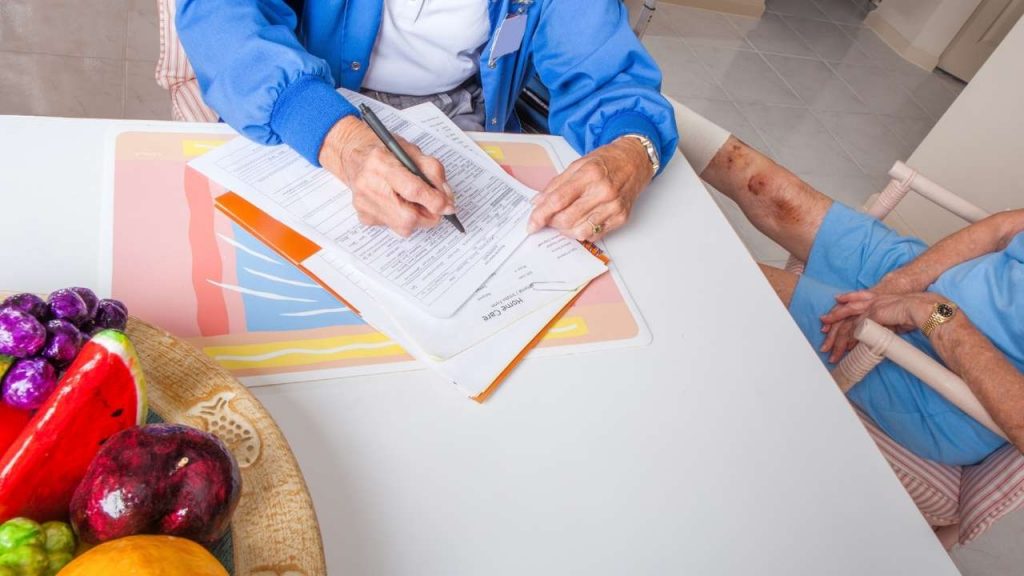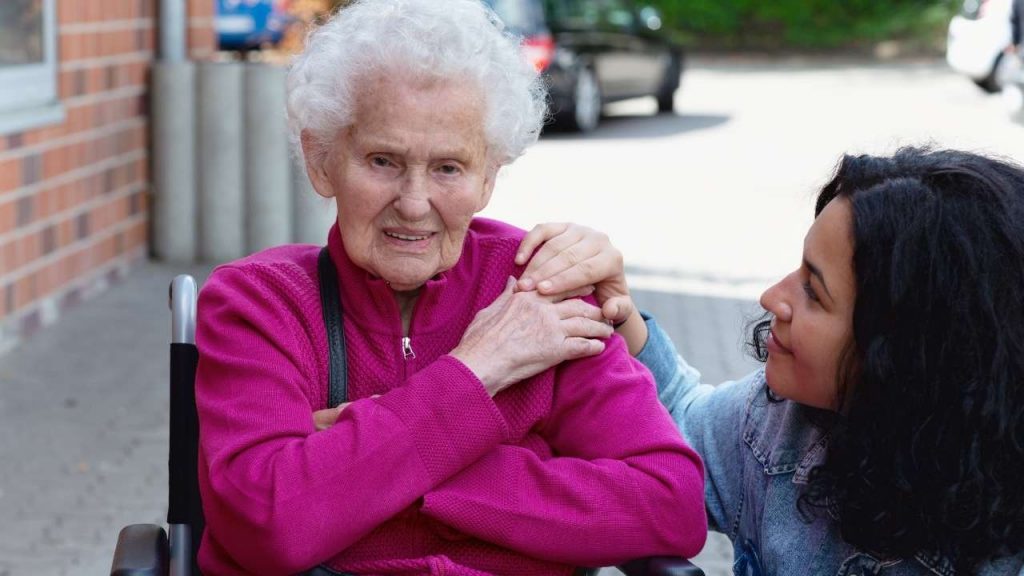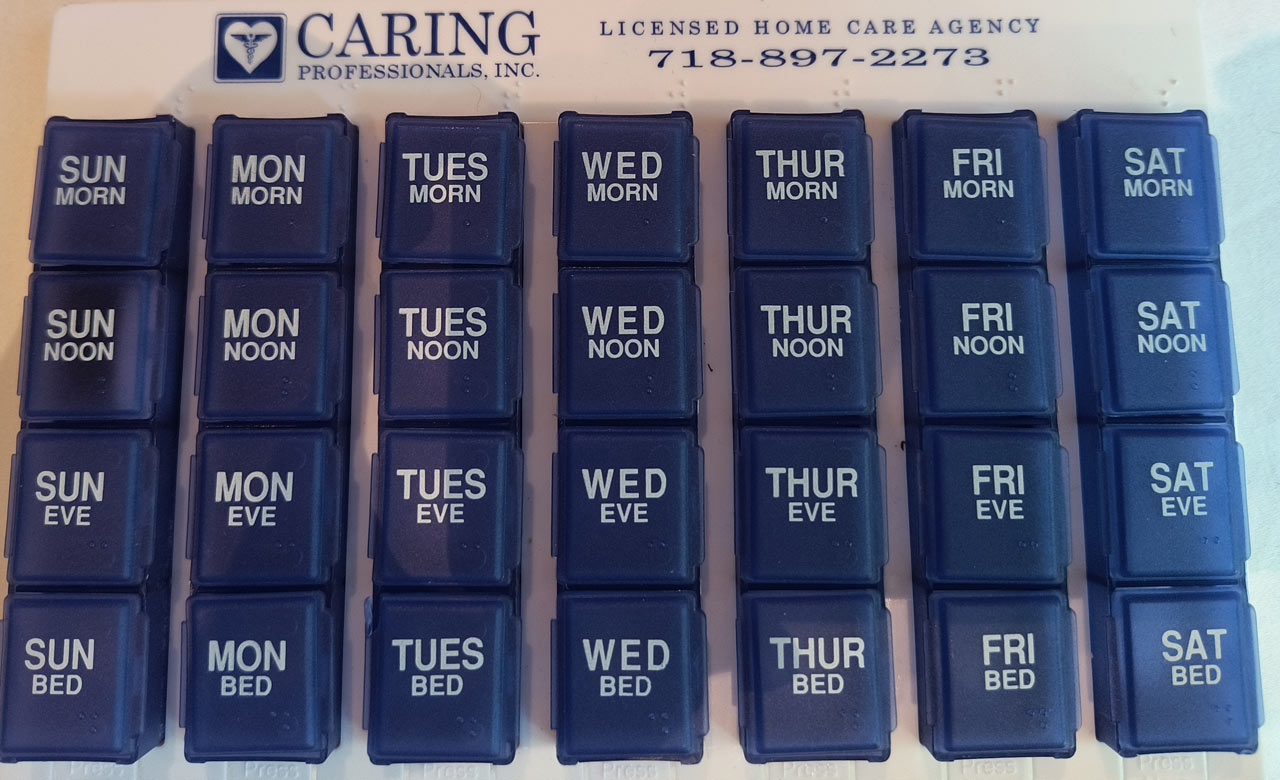Our Systems Work for You!
How our Experience and Dedication Helps Us Develop Systems to Enable you and Your Parent to Thrive
Our Systems Work for You!
“Set up your systems!” millennials frequently advise their parents. Today’s young people live by hacks they take from tip sheets on social media. Seven Ways to Jumpstart your Morning without Coffee could be one. Five Actionable Growth Hacks to Scale Your Startup could be another. However, when your own kids give you unsolicited advice about implementation of systems, you feel annoyed.
We all develop our own systems to manage our lives at work and at home. Scheduling and batching tasks, calendaring like errands for the same run, and filing systems for electronic bill payments are just some of the efficiency-promoting strategies we create to simplify our lives and get more done in less time. The more efficient we can be, the more time we have to spend with family, on outings, and for our hobbies and creativity.

Our systems at Caring Professionals have a different goal. Their purpose is to get you and your parent the top quality care you expect from our family-operated company: warm, personal attentiveness to your senior’s physical and emotional welfare. Expediting your family member’s care by a patient, honest caregiver who will give him respect and work with a positive attitude is our goal. So is making sure that everything is in place so that there are no unanticipated changes that will disorient the vulnerable senior.
At the outset, your intake specialist will speak to you in your language of choice. She will listen to you and hear your patient’s particular circumstances, health care needs, and prior history with home care. She will ask questions about Medicaid status, enrolment in a managed long-term care plan (MLTC), and what kind of care you are looking for (home health aide or CDPAP, the consumer directed patient assistance program). Listening to your particular circumstances and advising you on the particular steps you need to take to meet your care objectives are part of the process. It is customized to your patient’s circumstances and your wishes for his/her care.
This may mean scheduling a conflict-free evaluation by Maximus. For another family, it may mean removing a code from the Medicaid number so that home care enrolment process can begin. It could be that all you have to do is get the medical forms for the potential personal assistant (PA) signed by a doctor. It all depends on the circumstances.

Therefore, the intake process can vary from a few days to a few weeks. Our goal is to expedite the enrolment of your senior for safe, dependable care by a qualified individual as quickly as possible. Therefore, our specialists communicate with you regularly so that the fit will be right and all Department of Health requirements are met. Since covid, many of these steps are now done remotely.
Once the patient is successfully admitted, the coordinator calls the family member. The coordinator listens carefully to the requirements that the family has. She finds an aide that speaks the language of the patient, has a short commute to the home, and has the particular disposition and experience that the patient needs. She will talk to several qualified aides until she finds the right match. Once it’s all confirmed, she will dispatch both the aide and a supervising nurse who will ensure that your family member’s care plan is clearly understood. Our goal is to ensure that the aide not only complies with the tasks that need to be performed, but is vigilant for changes in behaviour, appetite, gait, and more that can can be causes for concern.
The close supervision of compassionate nurses who communicate regularly with the aide is your guarantee that you have an advocate for more hours or services should the patient deteriorate. Our director of patient services will intervene with the MLTC or HMO for this purpose. This professional teamwork is the reason the patients under our care experience low rates of re-hospitalization and incidents.

As things settle down in the home and the patient and family members are comfortable with the routines, personality, and work of the aide, the coordinator becomes the key contact person. Responsibility for ensuring coverage of the aide is her job and she finds replacement aides when needed. Quality accessible customer service is the service she provides the family.
The scheduler ensures the timeliness of the aide and that her compliance with our electronic timekeeping protocols is maintained. Aides receive supplies, phone apps, and in-service training they need to take proper care of your patient. The aides also receive support from our human resources department as needed. We close the circle of care around the patient.
Assuring quality of life during the golden years is our goal for the patient. Enabling your peace of mind is our objective for you, the family member. And we do it with efficient systems that we have perfected during our 26 years of service to the senior community. Watch us as we continue to streamline things without losing the warm personal approach that has earned us our reputation as Caring Professionals.






